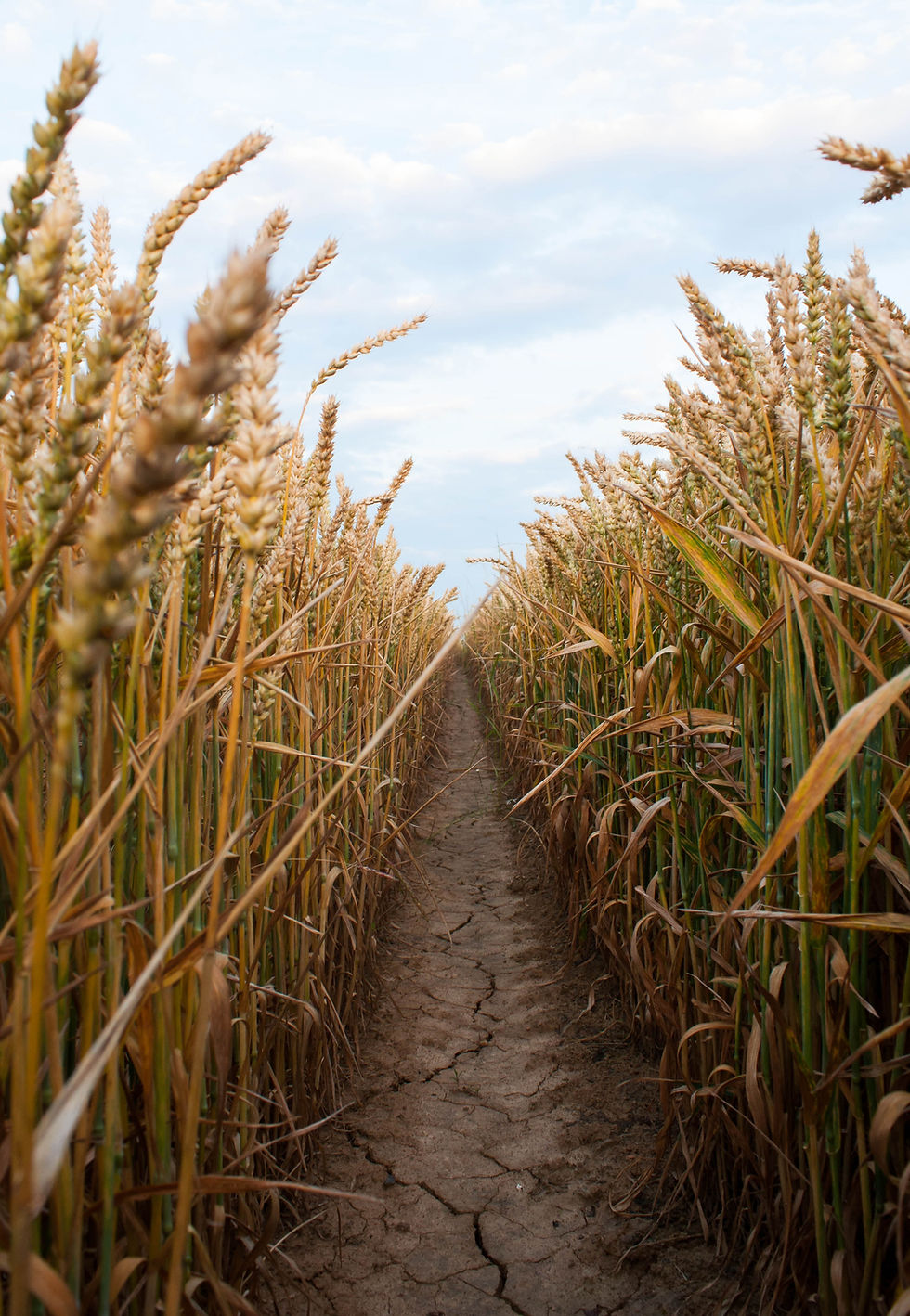Navigating the Pros and Cons of Cattle
- Blackbird Acres

- Mar 25, 2024
- 2 min read
Hi there,
Today, I want to explore the world of cattle farming and examine its merits and drawbacks. This industry offers promising opportunities and significant challenges, requiring careful consideration for those considering entering the field.
Pros:
Profitability: Beef farming can yield substantial profits, particularly in regions where land is conducive to grazing and feed costs are manageable. Successful beef operations can generate significant revenue through the sale of meat and associated by-products.
Diversification: Beef farming provides diversification opportunities for agricultural producers seeking to broaden their revenue streams. Cattle can be integrated into existing farming enterprises, offering additional income sources and risk mitigation strategies.
Market Demand: Beef remains a staple in global diets, ensuring consistent demand for cattle products. Consumer preferences for protein-rich foods and cultural culinary traditions contribute to the enduring popularity of beef in domestic and international markets.
Adaptability: Beef cattle are versatile animals capable of thriving in various climates and environments. They can graze on diverse pastures and rangelands, exhibiting resilience to fluctuations in weather conditions and feed availability.
Value-Added Opportunities: Beyond meat sales, beef farming presents opportunities for value-added products such as hides, leather, and pharmaceutical by-products. These secondary revenue streams can enhance the overall profitability of beef operations.

Cons:
High Input Costs: Beef farming entails substantial upfront investments in land, infrastructure, equipment, and livestock. Ongoing expenses such as feed, veterinary care, and labor further contribute to the financial demands of beef production.
Long Production Cycle: Cattle have extended production cycles, requiring months or years to reach market weight. This prolonged timeline increases operational costs and logistical complexities for beef producers.
Environmental Impact: Large-scale beef farming can have adverse environmental effects, including deforestation, soil degradation, water pollution, and greenhouse gas emissions. Intensive production methods may also raise concerns about resource depletion and animal welfare.
Market Volatility: The beef market is susceptible to fluctuations in supply, demand, and pricing, influenced by factors such as weather patterns, global trade dynamics, and consumer preferences. Market volatility poses risks to the profitability and stability of beef operations.
Health Considerations: Public concerns about the health implications of beef consumption, such as antibiotic use, hormone residues, and saturated fat content, may affect consumer perceptions and demand. Addressing these health-related issues is essential for maintaining consumer confidence in beef products.
As I contemplate the intricacies of farming cattle, I'm confronted with uncertainty regarding my next steps. Balancing the potential profitability of cattle production with the ethical and environmental considerations weighs heavily on my decision-making process. As a newcomer to farming, I'm torn between traditional practices and my commitment to sustainability and animal welfare. While I explore various perspectives and seek guidance from experts, I remain open to finding a path that aligns with my values and vision for Blackbird Acres.
More to come,
Molly Elliot

